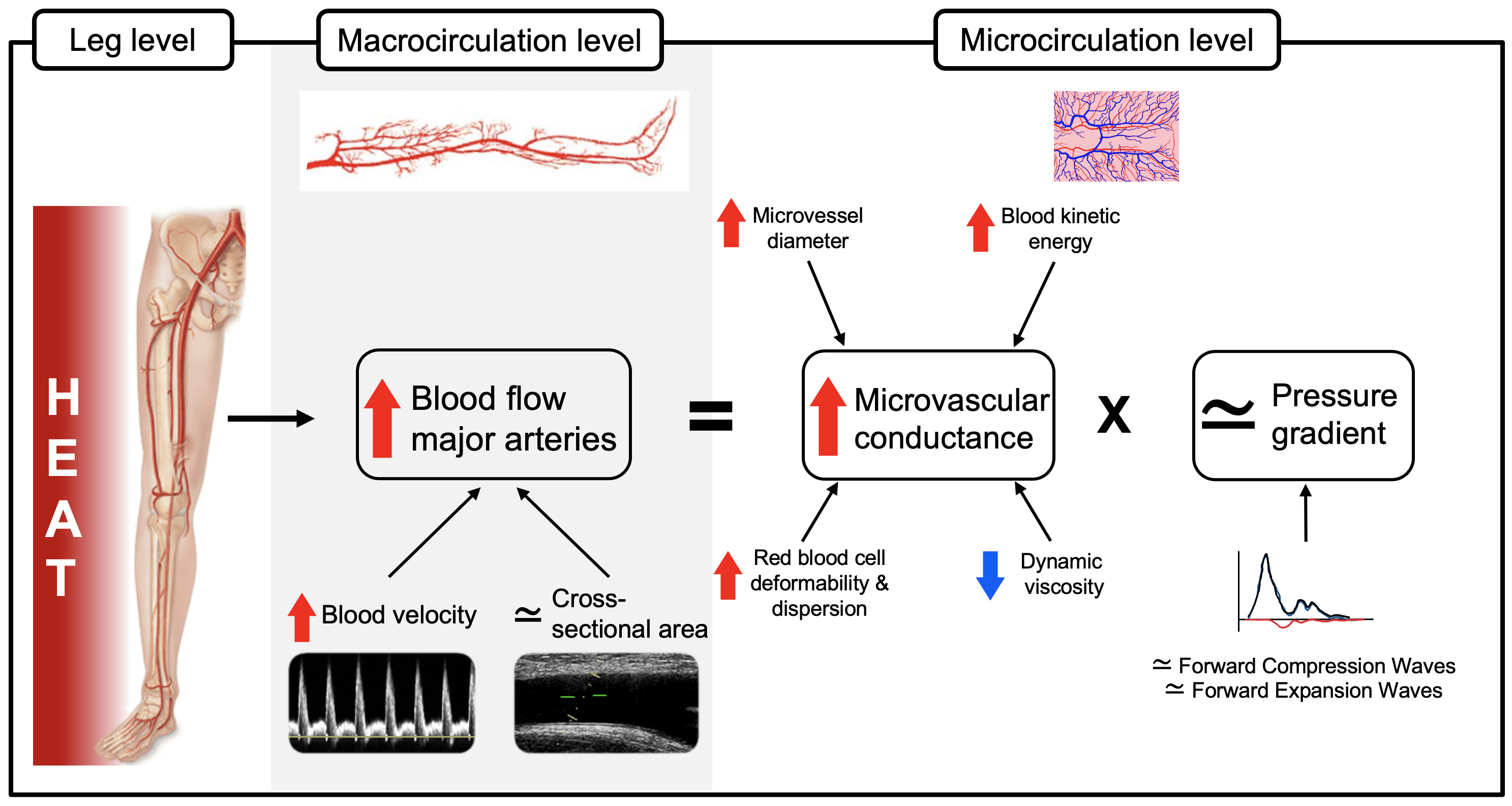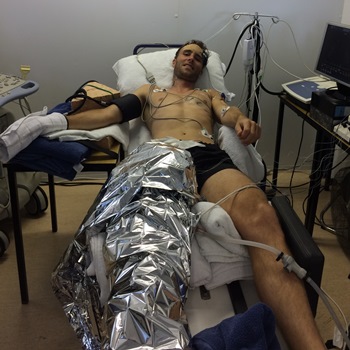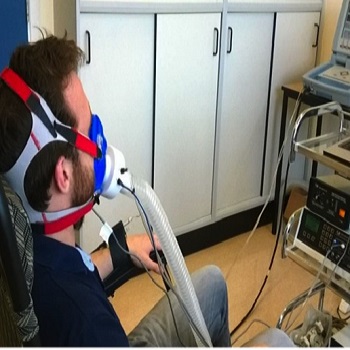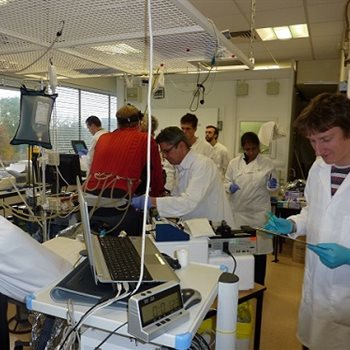
Professor Jose Gonzalez-Alonso
Professor - Exercise and Cardiovascular Physiology
Heinz Wolff 221
- Email: jose.gonzalez-alonso@brunel.ac.uk
- Tel: +44 (0)1895 267324
- Sport, Health and Exercise Sciences
- Department of Life Sciences
- College of Health, Medicine and Life Sciences
Research area(s)
The research of José González-Alonso in the USA, Denmark and UK over the last 35 years revolves around two main areas of integrative human physiology that have implications for athletic performance and exercise tolerance in health and disease as well as the treatment of some cardiovascular disorders. The first deals with cardiovascular responses to exercise using interventions such as heat stress, dehydration and large versus small muscle mass exercise to investigate how the human body copes with conditions that tax the cardiovascular system to its regulatory capacity. The findings in this area have advanced our knowledge and understanding of the cardiovascular limitations to exercise capacity, particularly in conditions of dehydration and/or hyperthermia.
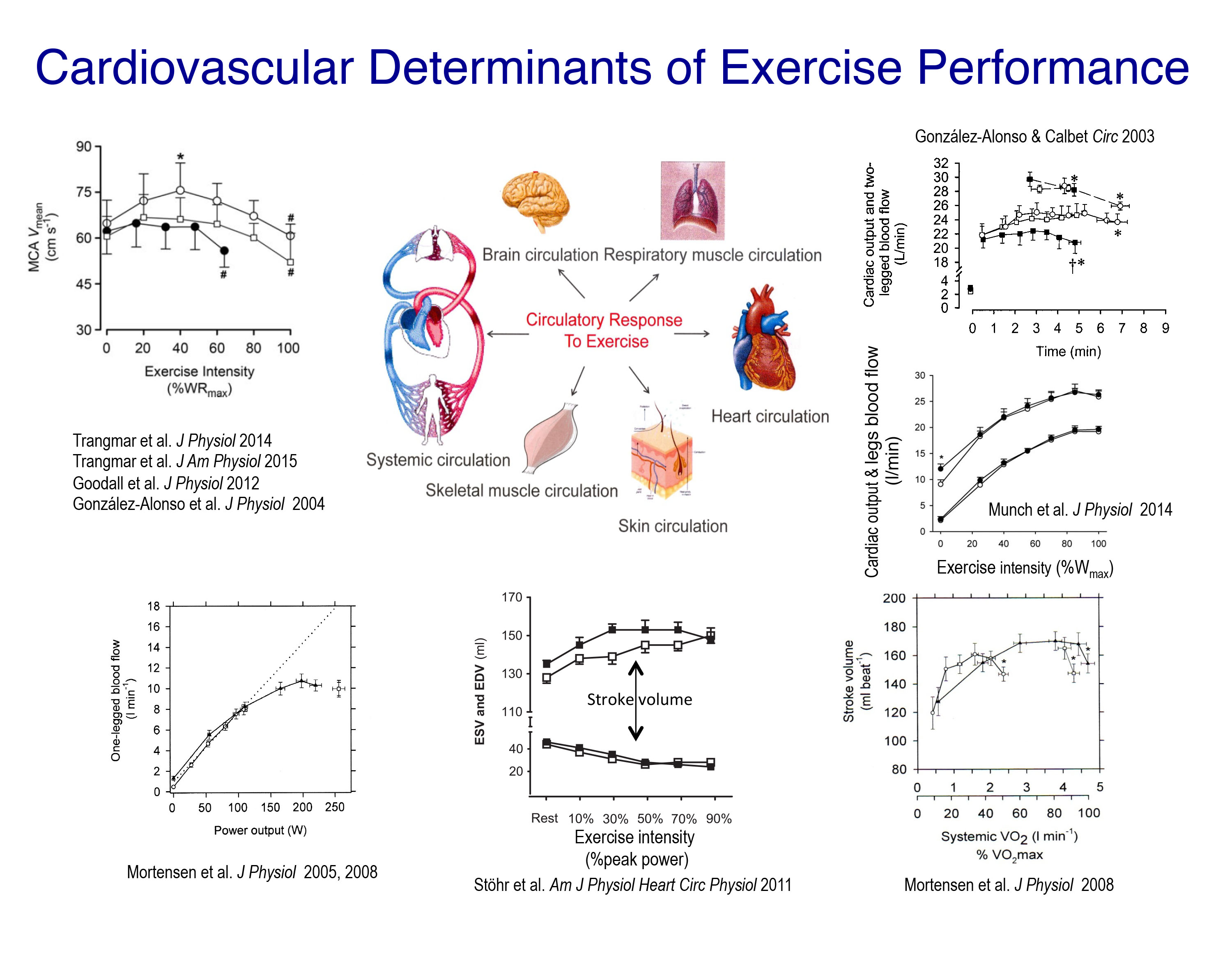 A second related area centres on the role of the red blood cells (erythrocytes) and plasma nucleotides on the control of the human circulation for which a variety of interventions has been used in human volunteers (i.e., hypoxia, anaemia, polycythaemia, hyperoxia, CO inhalation, intravascular nucleotide infusion, heat stress, dehydration, hydration, small versus large muscle mass exercise), complemented with ex-vivo cell work. The findings in this field support the idea that signals released from the circulating red blood cells, such as the release of the ubiquitous signalling and energy source molecule adenosine triphosphate (ATP), contribute to the control of skeletal muscle oxygen delivery during exercise. His research laboratory has also demonstrated that red blood cells-mediated release of ATP is sensitive to changes in blood temperature and provided in vivo evidence supporting an additional role of erythrocyte signalling in tissue blood flow control during thermal interventions (i.e., the heating and cooling occurring during heat and cold interventions/therapy).
A second related area centres on the role of the red blood cells (erythrocytes) and plasma nucleotides on the control of the human circulation for which a variety of interventions has been used in human volunteers (i.e., hypoxia, anaemia, polycythaemia, hyperoxia, CO inhalation, intravascular nucleotide infusion, heat stress, dehydration, hydration, small versus large muscle mass exercise), complemented with ex-vivo cell work. The findings in this field support the idea that signals released from the circulating red blood cells, such as the release of the ubiquitous signalling and energy source molecule adenosine triphosphate (ATP), contribute to the control of skeletal muscle oxygen delivery during exercise. His research laboratory has also demonstrated that red blood cells-mediated release of ATP is sensitive to changes in blood temperature and provided in vivo evidence supporting an additional role of erythrocyte signalling in tissue blood flow control during thermal interventions (i.e., the heating and cooling occurring during heat and cold interventions/therapy).
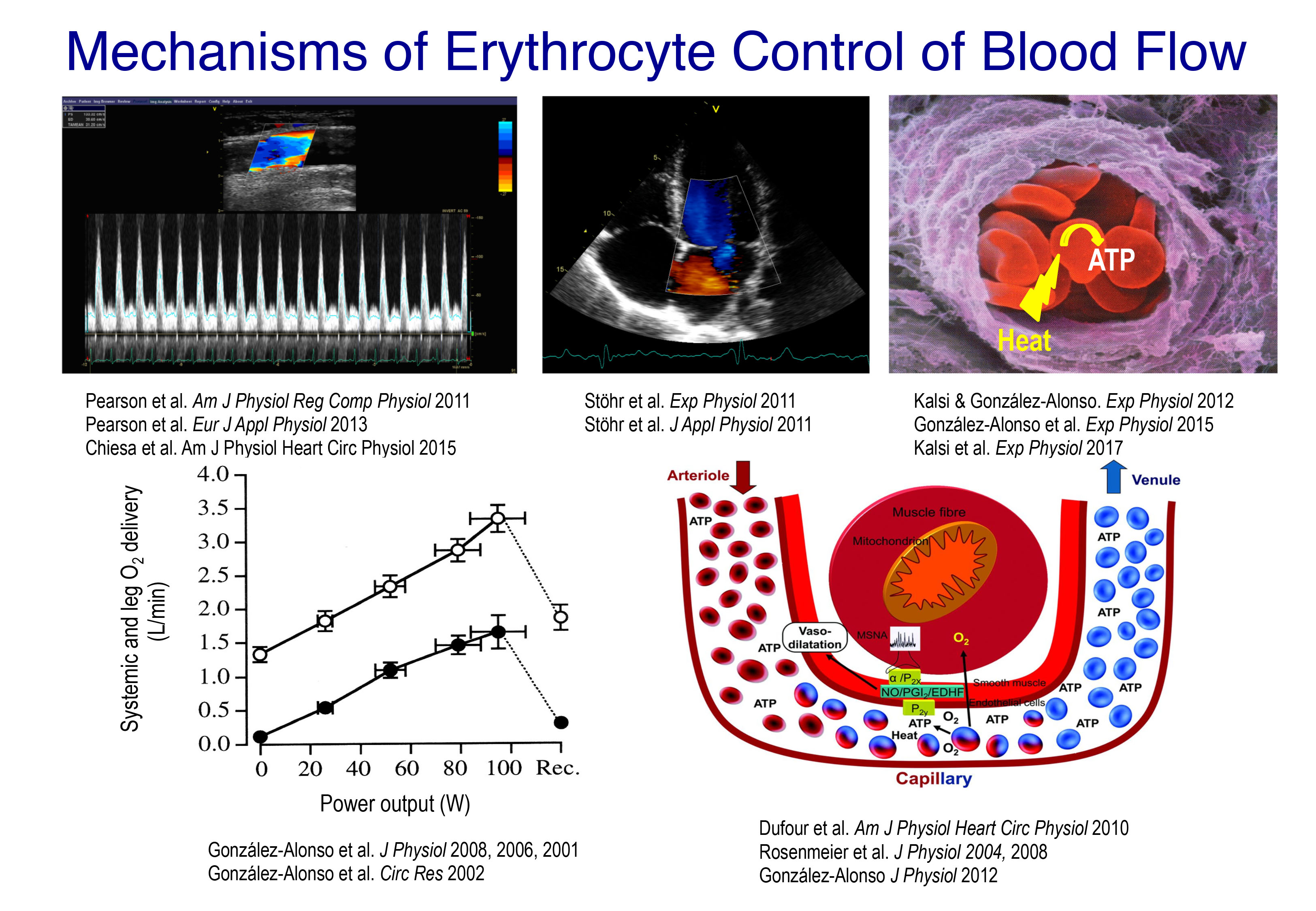
His research group is currently looking at (1) the cardiac and circulatory limitations to exercise capacity with alterations in hydration status and heat stress levels, (2) the temperature-dependent vascular mechanisms regulating local tissue blood flow in human limbs with a primary focus on erythrocyte-derived signalling, and (3) the interactions between peripheral and central mechanisms in the control of the human circulation during exercise and/or heat stress. The invasive studies conducted at the Centre for Sports Medicine and Human Performance and Centre for Human Performance, Exercise and Rehabilitation have been performed in collaboration with research-associate clinicians. The group research papers, published in peer-reviewed journals in Physiology and Sport and Exercise Science, are frequently cited (Google scholar total citations > 18,100, Hirsch h-index 69; Scopus h-index 55; Web of Science h-index 47; PubMed publications).
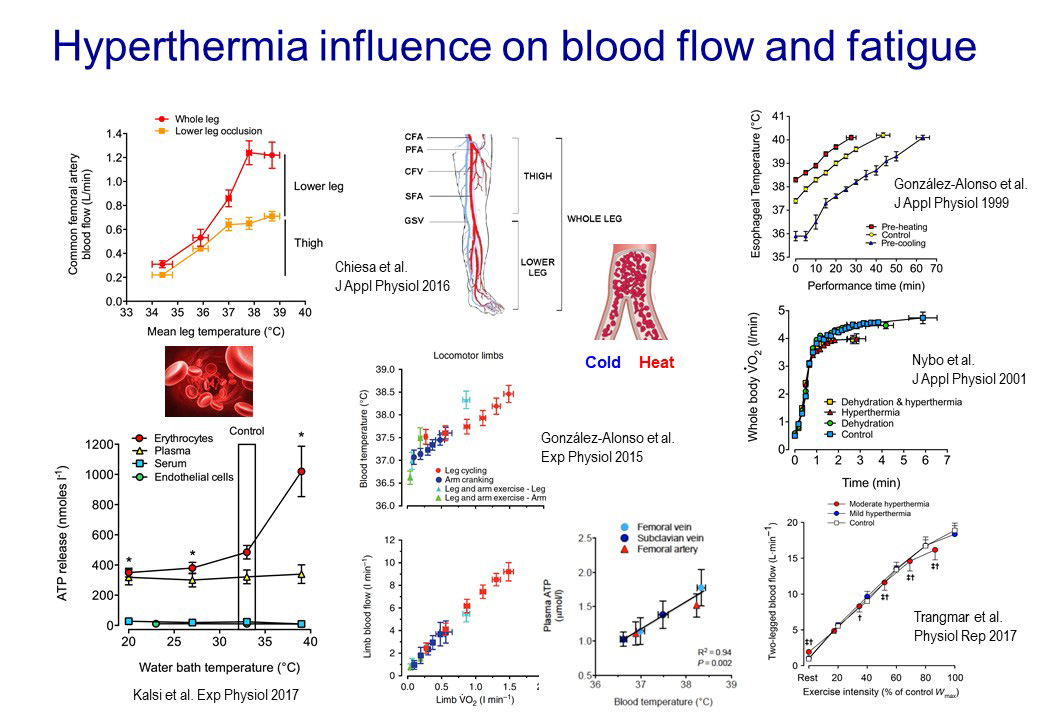
The advances in knowledge and understanding of how hydration impacts the athlete’s brain, heart and muscles during submaximal and maximal endurance exercise have been translated into practical solutions for sports and exercise. Two specific examples are the recommendations for training and competing in the heat and the practical hydration solutions for sports.
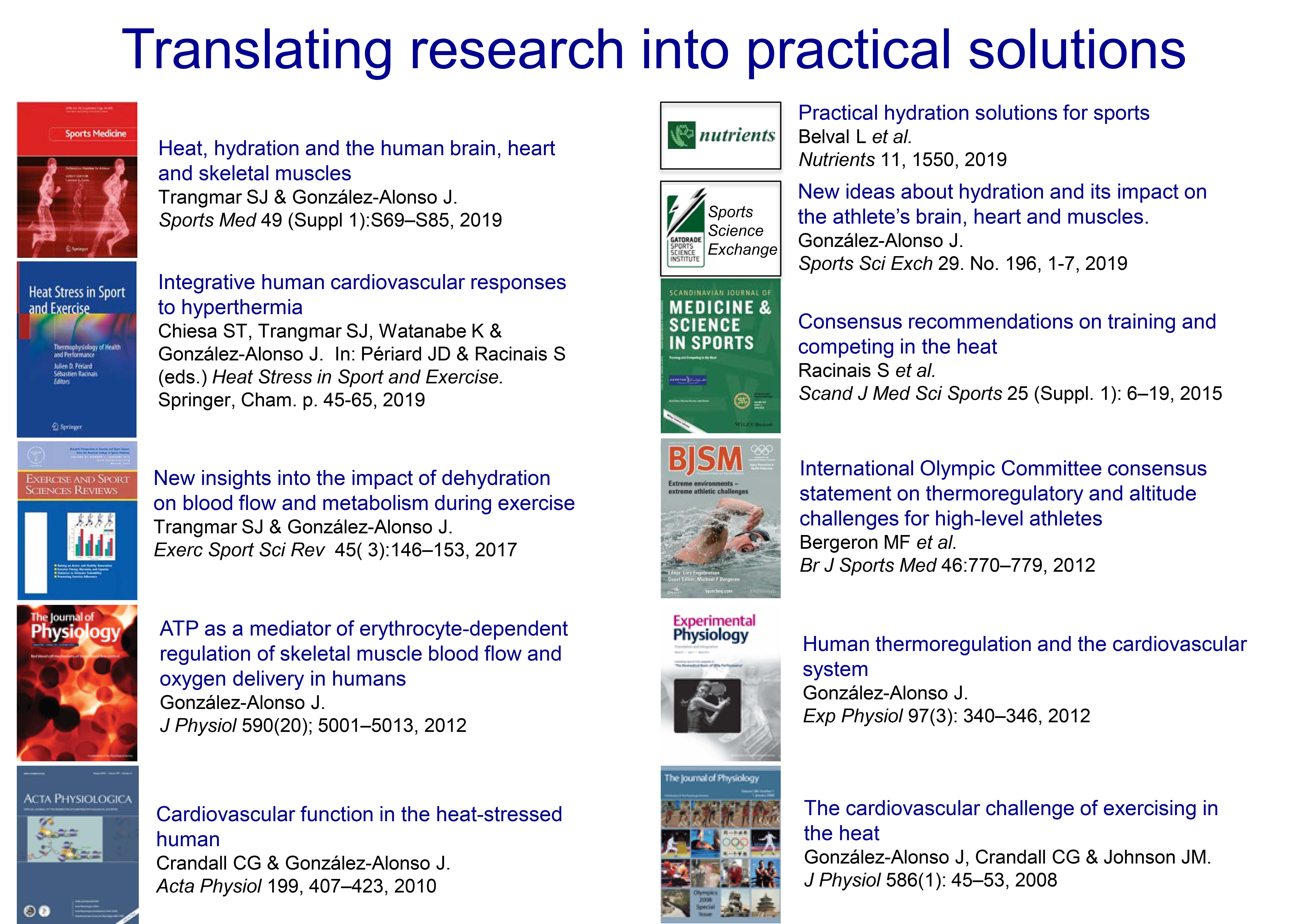
José's research has been funded by grants from the Spanish Ministry of Science and Education, Calsberg Foundation, Team Denmark, European Commission - Marie Curie Fellowship, Lundbeck Foundation, Novo Nordisk Foundation, Copenhagen Hospital System and the Gatorade Sports Science Institute – PepsiCo Inc. He has worked closely and collaborated with researchers from different countries, including 6 post-doctoral fellows and more than 25 PhD and MSc student researchers from Denmark and UK. José contributes to research-led teaching in Sport, Health and Exercise Sciences and Life Sciences courses of the Department of Life Sciences. He leads the undergraduate major project study block in the Sport, Health and Exercise Sciences and teaches human and exercise physiology across the undergraduate and post-graduate programmes.
Research Team
Büşra Yaldiz Kaymaz, Doctoral Researcher – Acute and chronic circulatory effects of heat therapy
Patrick Cazorla Saravia, Doctoral Researcher – Blood circulation during heating and exercise
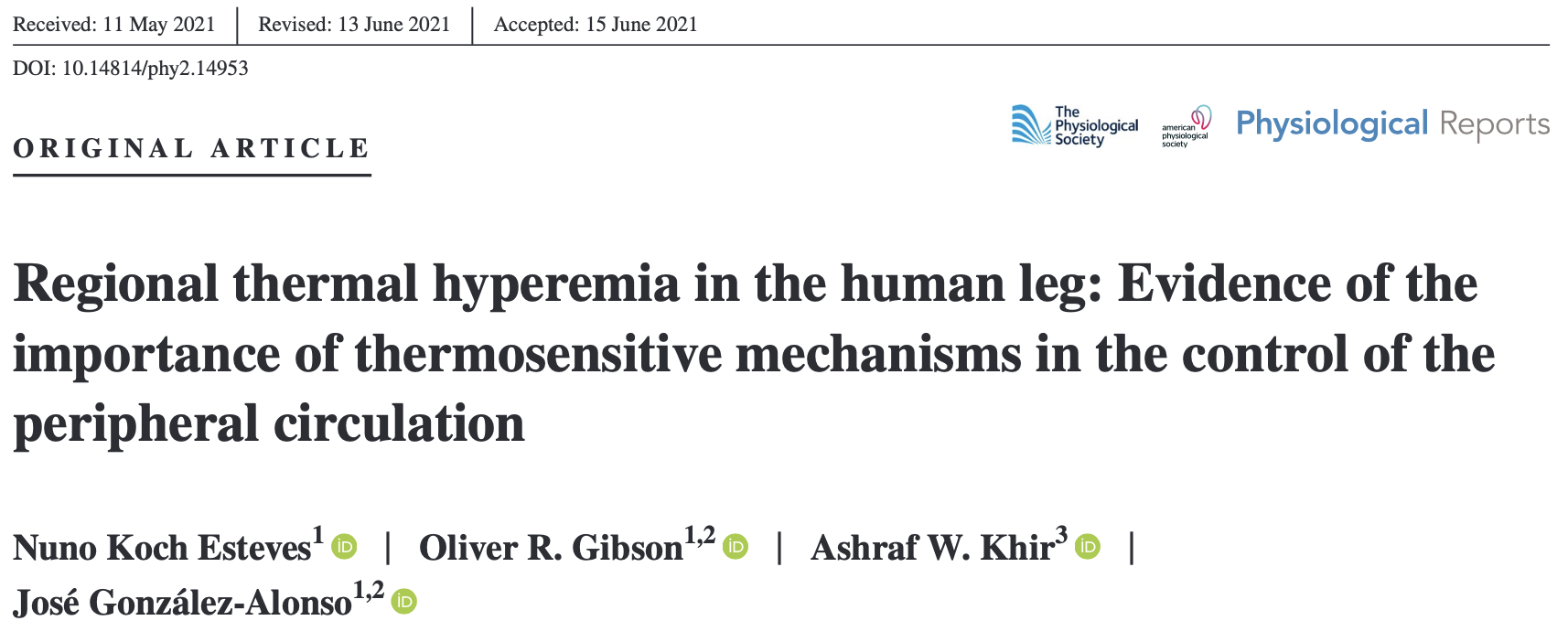
Ongoing research collaborations
Dr Kazuhito Watanabe, Akita University, Japan
Prof Eric J. Stöhr, Leibniz University Hannover, Germany
Prof Ashraf Williams Khir, Durham University, UK
Dr Koichi Akiyama, Yodogawa Christian Hospital, Osaka, Japan
Dr Oliver Gibson & Dr Lee Romer, Brunel University of London, UK
Dr Steven Trangmar, Leeds Beckett University, UK
Dr Orlando Laitano, University of Florida, Gainesville, USA
Dr Nuno Koch Esteves, University of Southampton, UK
Honorary Clinical Professor Leena Ali, Ealing Hospital NHS Trust, UK
Professor Emeritus Niels H Secher, Rishospitalet, University of Copenhagen, Denmark
